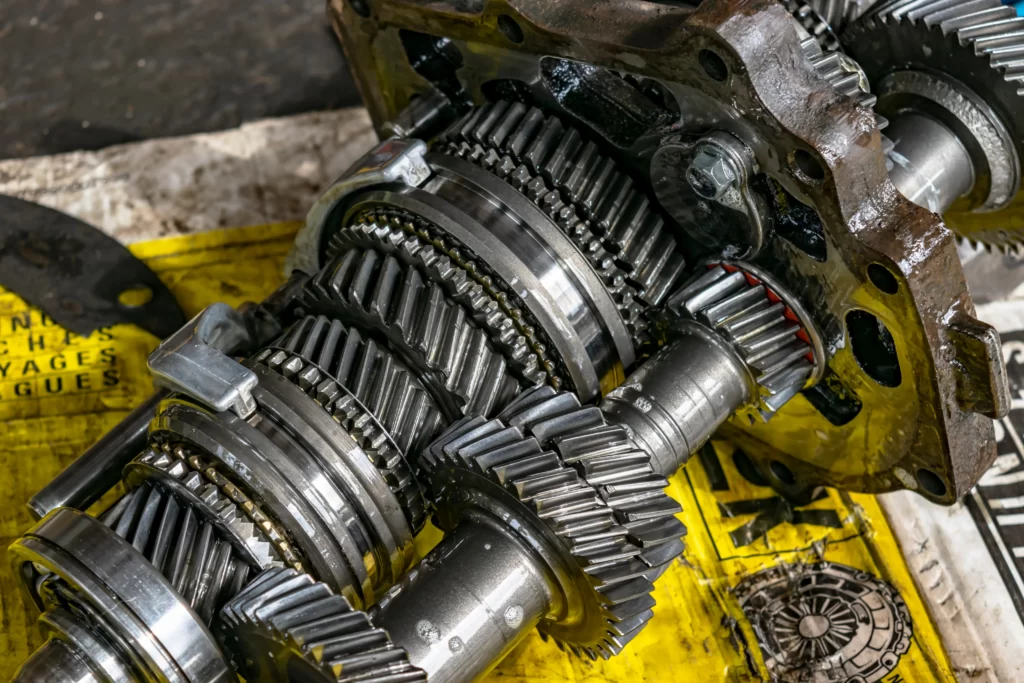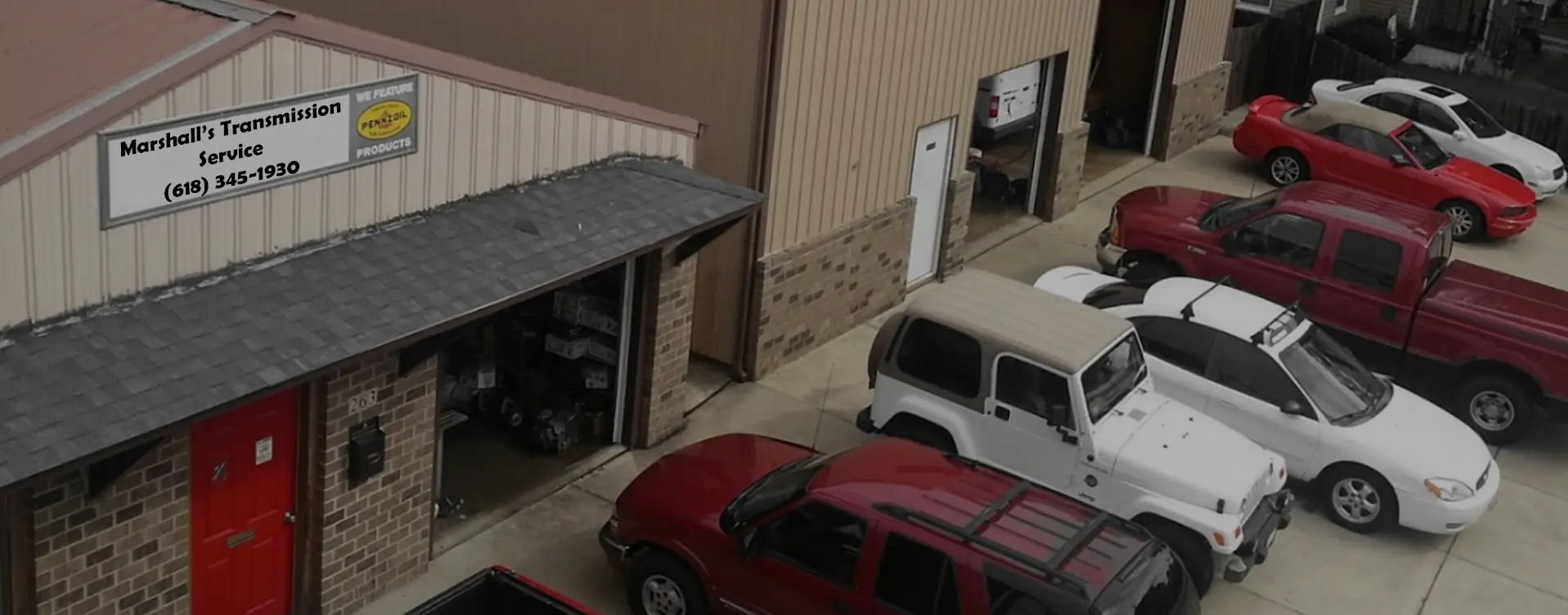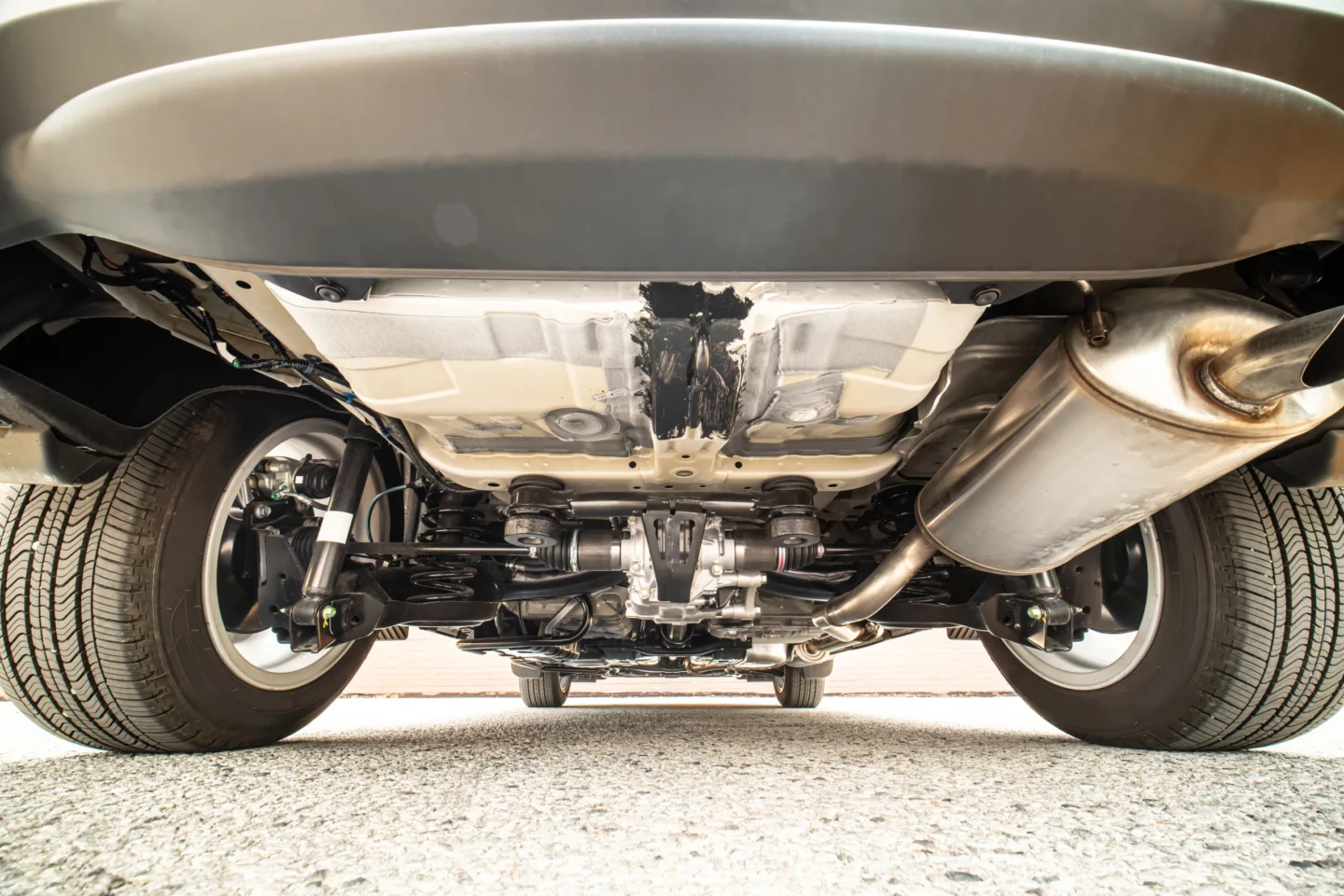
The Dodge Ram, an iconic American truck, has garnered a loyal following for its rugged performance and impressive capabilities. However, like any vehicle, it’s not immune to mechanical challenges, and one area that has raised concerns is its transmission system. In this blog, we’ll delve into the world of Dodge Ram transmission problems, discussing their causes, common signs, potential solutions, and maintenance tips to keep your truck running smoothly in Scott AFB, IL.
Common Transmission Issues
Transmission problems can be frustrating, especially when they catch you off guard. The Dodge Ram has had its share of transmission-related concerns, with some models experiencing more issues than others. Some of the most common transmission problems in Dodge Rams include:
– Slipping Gears: A transmission that slips between gears can cause inconsistent power delivery and decreased fuel efficiency. This issue might stem from worn clutch plates, low fluid levels, or a malfunctioning torque converter.
– Harsh Shifting: Rough or abrupt shifting can indicate problems with the transmission’s solenoids or pressure control system. This can lead to a jerky driving experience and potential long-term damage if not addressed.
– Delayed Engagement: When you shift into gear and there’s a noticeable delay before the transmission engages, it might be due to a worn-out clutch or problems with the hydraulic system.
– Overheating: Overheating can cause transmission fluid to break down, leading to poor lubrication and potential damage. Towing heavy loads or operating in extreme conditions can contribute to this issue.
– Transmission Fluid Leaks: Leaks are never a good sign. They can lead to low fluid levels, which in turn can cause transmission components to wear prematurely.
Identifying Signs of Trouble
Being proactive about identifying transmission issues can save you from more extensive repairs down the road. Watch out for any of these warning signs:
– Dashboard Warning Lights: If your vehicle’s “Check Engine” or “Transmission” light illuminates, it’s crucial to have your truck diagnosed by a professional.
– Strange Noises: Grinding, whining, or clunking noises when shifting or driving can indicate internal transmission problems.
– Burning Odor: A burnt smell could signal overheating transmission fluid, which may result from heavy usage or inadequate cooling.
– Fluid Leaks: Transmission fluid appearing underneath your parked truck is a clear indicator of a leak.
– Sluggish Acceleration: If your truck hesitates or struggles to accelerate, it might be a transmission-related issue.

What You Should Do
Addressing transmission problems promptly can extend the life of your Dodge Ram. Here’s what you can do:
– Regular Maintenance: Follow the manufacturer’s recommended maintenance schedule for fluid changes and inspections. Fresh, clean transmission fluid can prevent many issues.
– Professional Diagnosis: If you notice any of the warning signs, don’t hesitate to consult a certified mechanic in Scott AFB, IL. They will be able to diagnose the issue and recommend necessary repairs.
– Fluid Checks: Regularly check your transmission fluid levels and quality. Low or degraded fluid can lead to a range of issues.
– Driving Habits: Pay attention to your driving habits. Aggressive driving, heavy towing, and abrupt gear shifts can put additional strain on the transmission.
If you live in Scott AFB, IL, and are having transmission problems with your Dodge Ram, give our team of professionals at Marshall’s Transmissions a call today!




